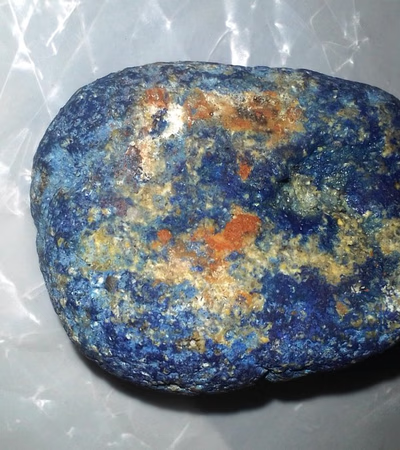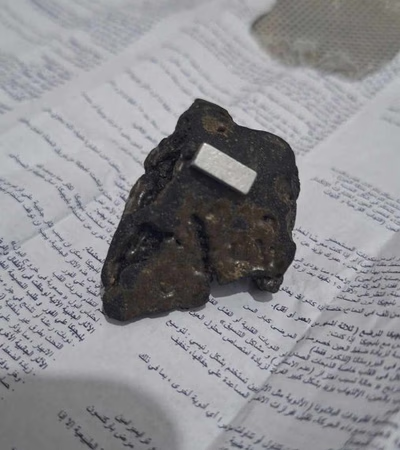The Libyan metals market has exhibited a notable downward trend from 2017 to 2019, with export values reducing from $315. 8 million in 2017 to $298. 9 million in 2019. Despite this decline, metals remain a vital component of Libya"s economy. This sector presents both challenges and opportunities, particularly given Libya"s significant reliance on fuel exports, which comprised over 94% of merchandise exports in 2019. This dependency highlights a critical opportunity for diversification and growth in the metals industry. Libya"s import activities in the metals sector have shown a significant upward trajectory. In 2019, imports were valued at $776.
9 million, up from $343. 8 million in 2017. This surge underscores a domestic demand for metals that local production has yet to satisfy, suggesting a gap that could be filled by expanding local capabilities or by enhancing import relationships. The metals market in Libya, particularly in Aluminum, Brass, and Copper, offers potential for investors and businesses willing to step into a less saturated market. Globally, countries with diversified economies often show a balanced export-import ratio in metals, unlike Libya"s current state. This disparity presents an opportunity for Libya to realign its economic strategies to stabilize and grow its metals sector. By investing in infrastructure and production capabilities, Libya can better meet its domestic needs while increasing its export competitiveness. This transition could position Libya as a more formidable player in the global metals market.
Aritral. com can play a pivotal role in this context. As an AI-driven B2B platform that simplifies international trade in commodities and raw materials, Aritral offers services such as Product Listing and Direct Communication. These tools can significantly aid Libyan businesses in connecting with global markets, thus improving export numbers. Additionally, Aritral"s AI-Powered Marketing and Global Sales Assistance could help local metals suppliers reach broader audiences, addressing the existing trade imbalance and fostering a more robust metals market in Libya. "


